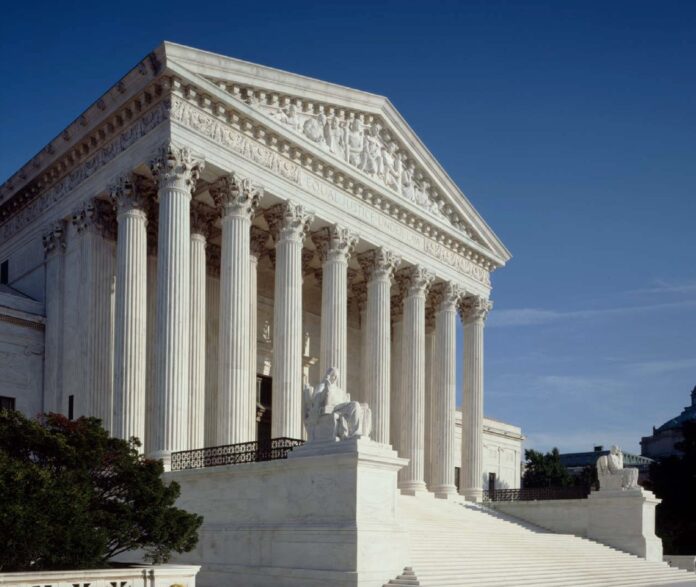The Supreme Court on Thursday, on a 5-4 vote, allowed the National Institutes of Health stop $783 million in grants linked to diversity, equity, and inclusion (DEI) initiatives.
The cuts are part of a larger estimated $1.8 billion in NIH grant terminations, affecting over 1,700 research projects nationwide. The NIH is a major funder of biomedical research, and has projects at universities, hospitals, and research institutions, including in Alaska.
The University of Alaska Fairbanks and Anchorage campuses receive NIH funding for programs like the Alaska Network of Biomedical Research Excellence, which conducts biomedical research that usually focuses on health disparities in Natives. These could be classified as DEI-related due to their focus on equity.
The Alaska Native Tribal Health Consortium also receives NIH grants for research on Alaska Native health, including studies on chronic diseases, behavioral health, and infectious diseases, with an eye toward social determinants that may lead to health disparities. That may fall under the DEI umbrella.
In an unsigned order, the justices sided with the Trump Administration’s request to pause a ruling by Massachusetts Judge Angel Kelley, a Biden appointee, who said the policy was needlessly reckless and likely would cause damage to vital medical research.Kelley had ordered the government to continue spending money on the grants. NIH, the world’s largest public funding source for biomedical research, had argued that it should not be forced to continue the programs while litigation proceeds.
In the same decision, also by a 5-4 margin, the Court left intact another part of the judge’s ruling, which had struck down internal NIH guidance documents that set out the agency’s DEI-related policy priorities.
Justice Amy Coney Barrett cast the decisive vote in both decisions. She sided with Justices Clarence Thomas, Samuel Alito, Neil Gorsuch, and Brett Kavanaugh in allowing the grants to be terminated. On the separate issue of the guidance documents, she joined Chief Justice John Roberts and the Court’s three liberal justices — Sonia Sotomayor, Elena Kagan, and Ketanji Brown Jackson — in preserving the lower court’s ruling.
